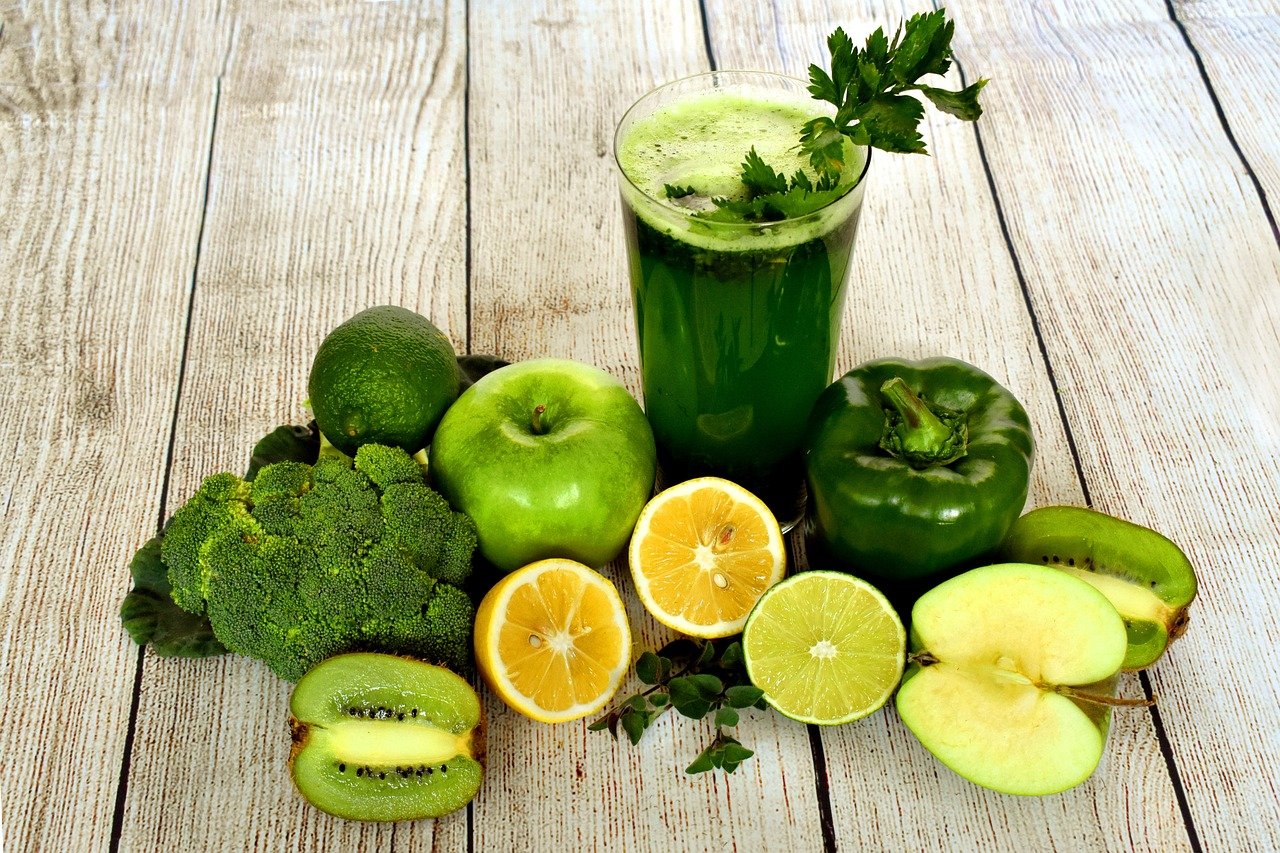How Can Nutrition Help Improve Athletic Recovery?
When it comes to optimizing athletic performance, nutrition plays a critical role in the recovery process. Eating the right foods can help support muscle repair, reduce inflammation, and replenish glycogen stores. In this article, we will discuss the importance of healthy eating for enhanced athletic recovery and provide you with practical tips to help you fuel your body for optimal performance.
The Role of Macros and Micros in Athletic Recovery
Macronutrients, such as carbohydrates, proteins, and fats, are essential for providing our bodies with energy and building blocks for muscle repair. Micronutrients, including vitamins and minerals, play a crucial role in supporting overall health and well-being. By consuming a balanced diet rich in a variety of macronutrients and micronutrients, athletes can promote faster recovery and improve their performance.
Carbohydrates: The Fuel for Athletic Recovery
Carbohydrates are the primary source of energy for our bodies during exercise. Consuming an adequate amount of carbohydrates before, during, and after a workout can help replenish glycogen stores and support muscle recovery. Opt for complex carbohydrates such as whole grains, fruits, vegetables, and legumes to sustain energy levels and promote faster recovery.

This image is property of pixabay.com.
Proteins: The Building Blocks of Muscle Repair
Proteins are essential for repairing and rebuilding muscle tissue that is broken down during exercise. Consuming an adequate amount of protein post-workout can help promote muscle recovery and growth. Sources of high-quality protein include lean meats, poultry, fish, eggs, dairy products, tofu, and legumes. Including protein-rich foods in your diet can help support optimal athletic recovery.
Fats: The Key to Hormone Regulation
Healthy fats play a crucial role in hormone production and regulation, which is essential for maintaining optimal athletic performance. Include sources of unsaturated fats such as nuts, seeds, avocados, and olive oil in your diet to support hormone balance and overall health. Avoid trans fats and saturated fats, as they can contribute to inflammation and hinder athletic recovery.

This image is property of pixabay.com.
Hydration: The Foundation of Athletic Performance
Staying hydrated is essential for supporting athletic recovery and overall performance. Water plays a crucial role in regulating body temperature, lubricating joints, and transporting nutrients throughout the body. Athletes should aim to drink an adequate amount of water throughout the day and consume electrolyte-rich beverages during intense exercise to replenish lost fluids and minerals.
Nutrient Timing: When to Eat for Optimal Recovery
Nutrient timing refers to the strategic consumption of nutrients before, during, and after exercise to maximize performance and recovery. Consuming a balanced meal or snack containing carbohydrates and protein within 30 minutes to two hours post-workout can help kickstart the recovery process and promote muscle repair. Experiment with different nutrient timing strategies to find what works best for your body and athletic goals.

This image is property of pixabay.com.
Meal Planning: Setting Yourself Up for Success
Meal planning is a crucial aspect of maintaining a healthy diet and supporting athletic recovery. By preparing nutritious meals and snacks in advance, athletes can ensure they have access to the right foods when they need them most. Consider batch-cooking meals, packing portable snacks, and incorporating a variety of nutrient-dense foods into your meal plan to fuel your body for optimal performance.
Supplements: Enhancing Athletic Recovery
While a balanced diet should provide most of the nutrients athletes need for optimal recovery, some individuals may benefit from supplementing with specific vitamins, minerals, or other nutrients. Consult with a healthcare provider or registered dietitian to determine if you have any nutrient deficiencies that could be impacting your athletic performance. Remember that supplements should never replace a healthy and balanced diet.
Recovery Strategies: Beyond Nutrition
In addition to focusing on nutrition, athletes can enhance their recovery by incorporating other strategies into their routine. This may include adequate sleep, stress management techniques, foam rolling, stretching, and using recovery tools such as compression garments or ice baths. By incorporating a holistic approach to recovery, athletes can optimize their performance and reduce the risk of injury.
Putting It All Together: A Nutrition Plan for Athletic Recovery
To support optimal athletic recovery, athletes should focus on consuming a balanced diet rich in carbohydrates, proteins, healthy fats, vitamins, and minerals. Be sure to hydrate adequately, practice nutrient timing, and incorporate meal planning into your routine to fuel your body for optimal performance. Remember to prioritize recovery strategies beyond nutrition, such as sleep, stress management, and recovery tools, to support overall health and well-being.
In conclusion, healthy eating plays a crucial role in enhancing athletic recovery and optimizing performance. By consuming a variety of nutrient-dense foods, hydrating adequately, and practicing recovery strategies, athletes can support muscle repair, reduce inflammation, and replenish energy stores. Remember that every athlete is unique, so it’s essential to experiment with different nutrition and recovery strategies to find what works best for you. We hope this article has provided you with valuable insights and practical tips to help you fuel your body for optimal athletic recovery.

